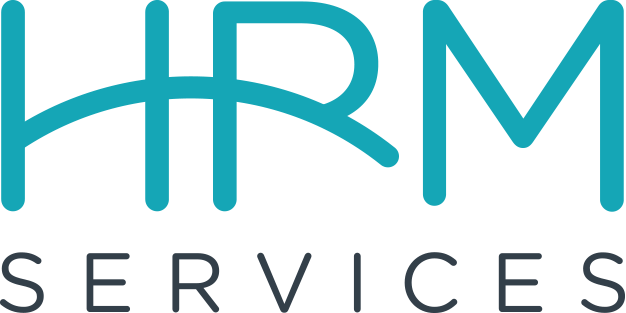
Employers should be aware of two new proposals that have recently been introduced, one in Michigan, and one at the federal level. These changes, if adopted, would impact all employers, and small businesses would be impacted the most.
New Michigan Legislation on Paid Leave
Governor Whitmer’s priorities for the second half of this legislative session include a new proposal to create a paid leave program that ALL employers, regardless of size, would be required to participate in. This proposed legislation follows 13 other states who have created paid leave programs. While supporting families economically during personal hardships is noble, the way this proposed legislation is structured would create significant challenges to small businesses. Employees would receive up to 15 weeks of paid leave, which could be used intermittently, for a variety of reasons including health issues, child care challenges, bereavement, etc. The proposal would also create a new state office to administer the program, taking decision-making control away from employers. This paid leave program would be funded through a new payroll tax.
FLSA’s Earning Thresholds: A Potential Shift on the Horizon
The federal Fair Labor Standards Act (FLSA) outlines a specific earning threshold as one criteria for determining whether a position can be classified as non-exempt or exempt. Currently, in addition to the duties test, the earning threshold to be classified as a salaried (or exempt) employee is $35,568. Under the new rule change proposed by the Department of Labor (DOL), the earning threshold would increase significantly to $55,068. If adopted, this means that any employee making less than the new threshold must be classified as non-exempt, no matter their duties, which makes them eligible for overtime when working over 40 hours per week.
Preparation is Half the Battle
Although these changes are only in the proposal stage, there seems to be some interest in moving them forward, at least by certain groups. Business leaders in Michigan have an opportunity now to educate their lawmakers about the impact of the proposed new paid leave program. The DOL at the federal level is also accepting comments on the proposed change to the exempt earning threshold. In addition to sharing your feedback about these proposals, begin looking at your budget now in anticipation of potential changes, especially related to additional overtime pay if the DOL proposal is adopted. Making your voice heard and preparation are key.

